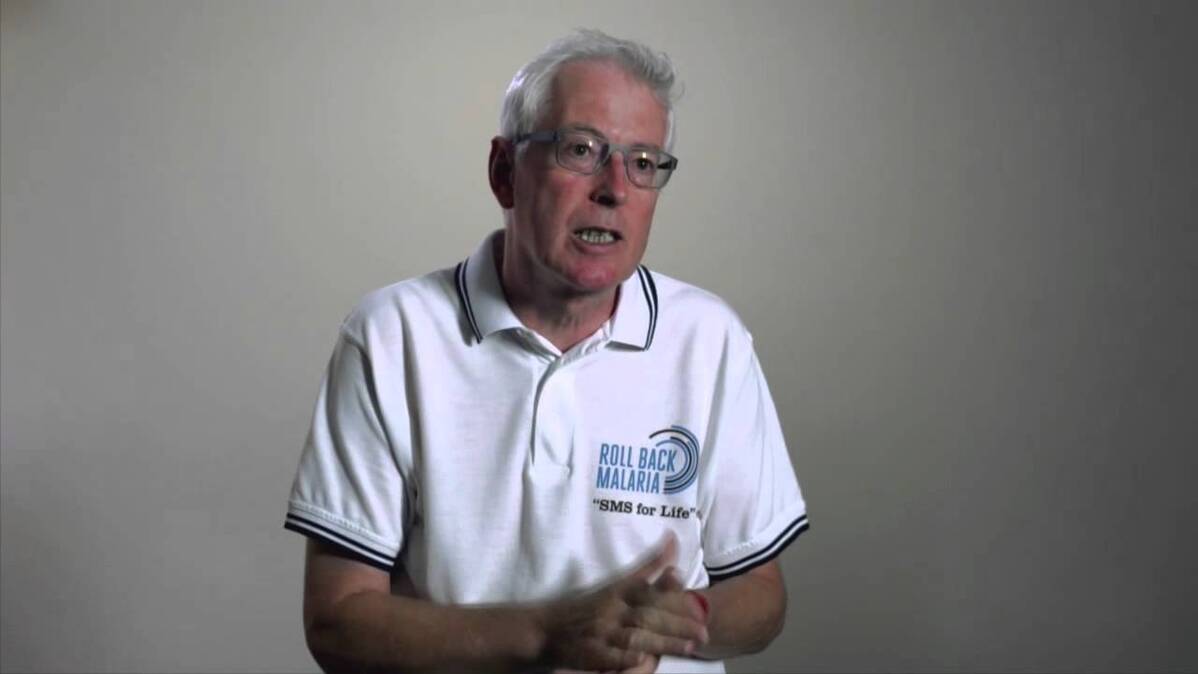In 2008, Barrington came up with a corporate social responsibility (CSR) program called SMS For Life that uses text messages to help remote African medical clinics maintain a steady supply of antimalarial medications. Stock-outs, or running completely out of malaria medication, were a big problem in many African countries.
 VIDEO
VIDEO
People would walk long distances to a clinic, hoping to find medicine to help their children, but all too often the clinic would be out of medicine. Barrington applied his knowledge of technology to solve this problem.
“One and a half thousand people a day die from malaria. That’s unbelievable,” he says. “But it’s more unbelievable when you think that there’s a treatment for it. I asked a question, ‘Why are so many people dying if we have a treatment?’ I came up with the first notion that perhaps IT could help solve the problem.”
Novartis worked with Vodafone, IBM, Google, Roll Back Malaria and the Ministry of Health in Tanzania to design SMS For Life. The pilot program in Tanzania reached 1.2 million people in 228 villages and proved the concept worked. SMS For Life has gone on to win many awards, including The Wall Street Journal’s Technology Innovation Award. Although Barrington is proud of what SMS For Life has been able to accomplish, he says he can’t forget one malaria-stricken child he met when the program was still in the early stages.
“It struck me that maybe if we’d had the program there earlier, this child would have had the medicine and survived,” he says.
Today, Barrington continues to work as the program director for SMS For Life, expanding the idea into new malaria endemic countries.
And as for his retirement? He says he can’t think of a better way to spend it than what he’s doing now.



